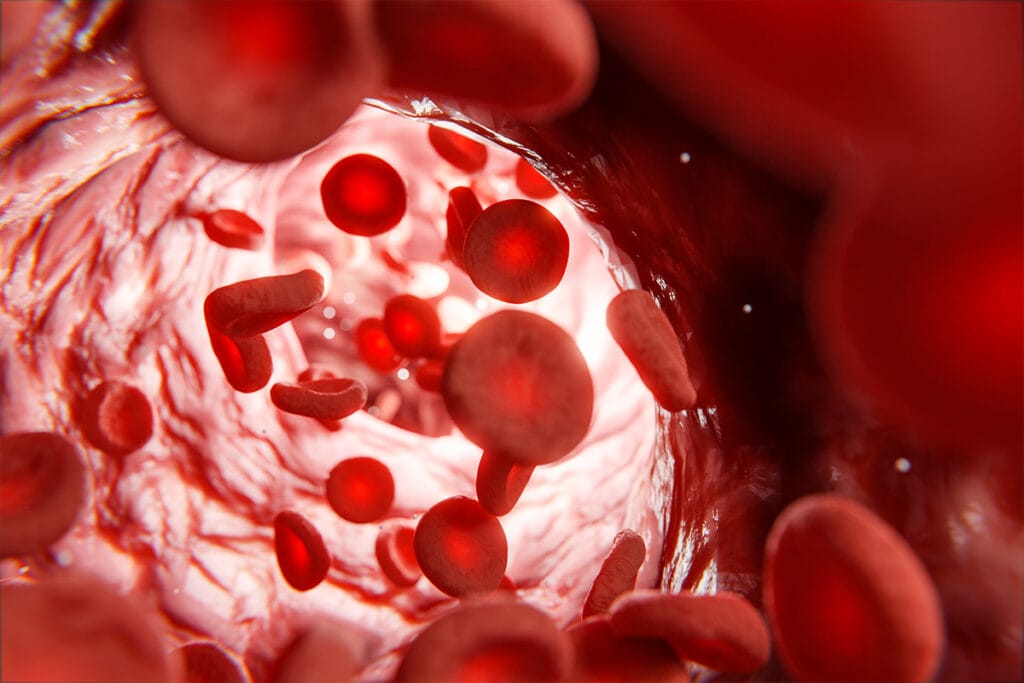[ad_1]
Biotech commences first-in-human scientific trial concentrating on atherosclerosis and declares closure of first tranche of Sequence A funding spherical.
Cyclarity Therapeutics, a biotech headquartered at The Buck Institute in California, has secured regulatory approval to provoke its first-in-human scientific trial. The research will probably be carried out at CMAX, a outstanding scientific analysis facility in Australia, in collaboration with Monash College, and led by Dr Stephen Nicholls of the Victorian Coronary heart Institute, a distinguished determine in cardiovascular drugs.
In a second piece of fine information for Cyclarity, the biotech additionally introduced the closing of the primary tranche of its Sequence A funding spherical, led by Ki Tua Fund LP and Starbloom Primrose L and comprising roughly US$6.4 million.
The corporate will use the funds for the above-mentioned trial of its investigational drug, UDP-003, which employs rationally-designed cyclodextrin molecules to focus on and remove oxidized ldl cholesterol – particularly 7-Ketocholesterol (7KC). 7KC is implicated within the formation of atherosclerotic plaques, and by eradicating these poisonous compounds, the remedy goals to revive the performance of macrophages, the immune cells liable for clearing arterial particles, thereby facilitating the pure regression of this dangerous plaque.
Tranche 2, which Cyclarity expects to lift roughly US$2.6–5.6 million will fund the affected person portion of the trial; that tranche is partially dedicated and is predicted to shut quickly.
Longevity.Know-how: Atherosclerosis, characterised by the buildup of plaque inside arterial partitions, considerably contributes to cardiovascular illnesses (CVD) and stroke. These circumstances collectively symbolize the main reason for mortality worldwide, a transparent crucial for progressive therapeutic approaches. Conventional remedies have centered on managing lipid ranges, however addressing the underlying causes of plaque formation stays a important unmet want.

“We’re within the clinic,” famous Matthew O’Connor, CEO of Scientific Affairs, “with a drug that has the potential not solely to deal with atherosclerosis, however to reverse and restore it. It’s a primary, and we’re very pleased with this step.”
The forthcoming scientific trial will embody a conventional single ascending dose/a number of ascending dose (SAD/MAD) Section 1 part, alongside an progressive phase involving 12 sufferers identified with Acute Coronary Syndrome (ACS). This design goals to guage the security profile of UDP-003 in people with present plaque accumulation and to collect preliminary knowledge on its therapeutic efficacy.
Nicholls, who will oversee the trial, brings appreciable expertise from earlier landmark research, together with the SATURN trial for Crestor and the CLEAR Outcomes trial introducing bempedoic acid as a statin different. His involvement might be seen as talking to the potential significance of Cyclarity’s strategy within the evolving panorama of cardiovascular therapeutics.
O’Connor mentioned: “We’re excited to be working with Dr Nicholls on a groundbreaking development in cardiovascular care. As we advance into being a scientific stage firm, Cyclarity is concentrated on bringing really disease-modifying remedies for the world’s deadliest illness into actuality.”
The corporate has accomplished the manufacture of scientific trial materials, with UDP-003 ready for administration to human contributors. Complete investigational new drug-enabling research have been finalized, revealing no anticipated toxicological considerations and offering a safe pathway for scientific development. All requisite supplies for scientific trial authorization have been submitted and accepted, positioning Cyclarity to start the trial imminently.
Cyclarity’s therapeutic technique represents a shift from standard lipid administration to straight addressing the pathological accumulation of oxidized lipids inside arterial partitions. By specializing in the basis reason for plaque formation, the corporate goals to supply a disease-modifying therapy that might rework the administration of atherosclerosis and scale back the worldwide burden of cardiovascular illnesses. The forthcoming trial ought to pave the best way for subsequent trials and, in the end, the introduction of a novel therapy modality for atherosclerosis.
Principal {photograph}: MegiasD/Envato. {Photograph} of Dr O’Connor courtesy of Cyclarity.
[ad_2]
Source link


